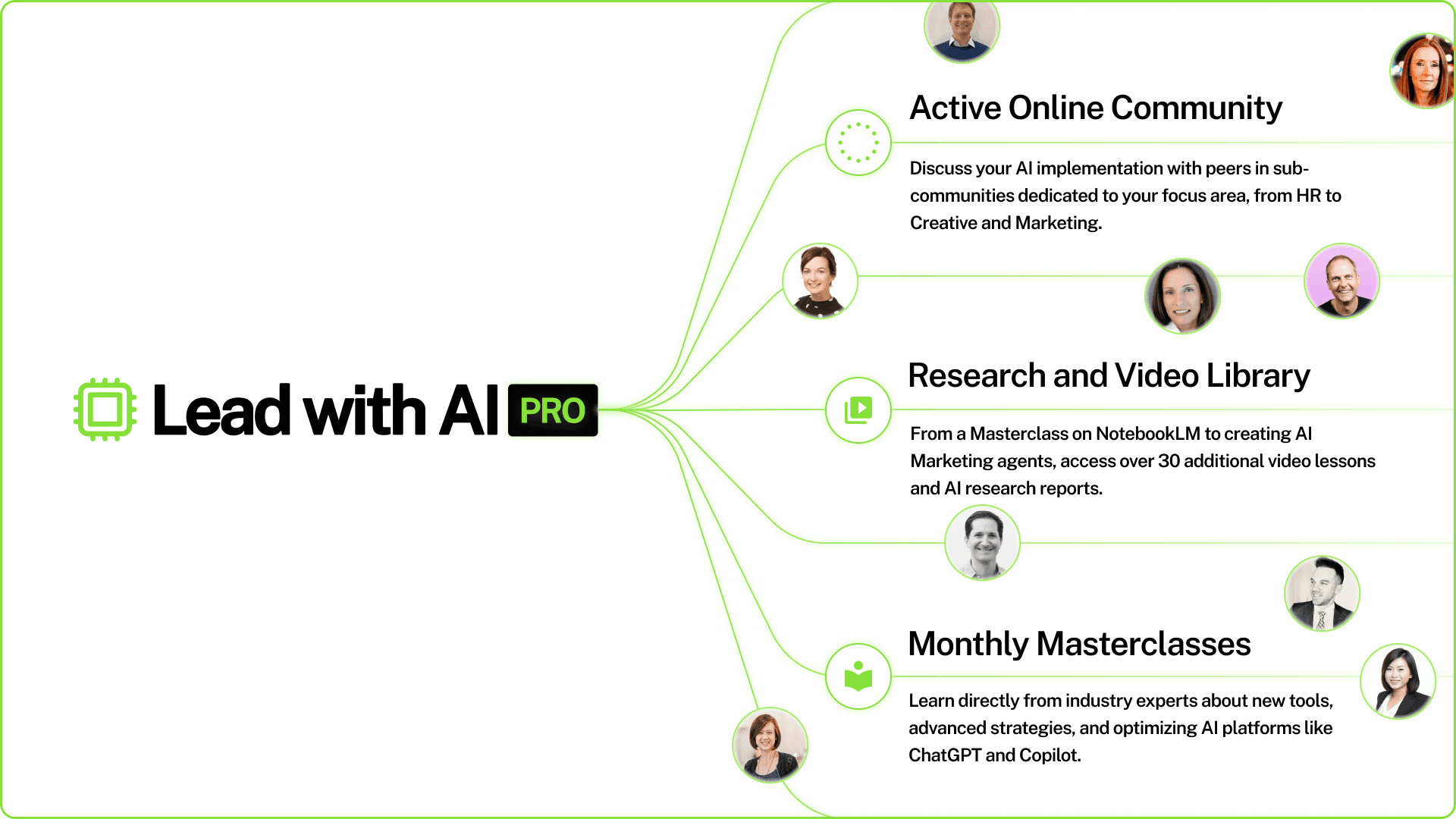Microsoft introduces new multi-agent system Magnetic-One

The future of having your truly “AI team” is here!
Microsoft researchers just announced Magnetic-One, a generalist multi-agent system that can carry out complex, multi-step tasks by itself across the web and local files.
Magnetic-One uses a lead agent called Orchestrator agent, which is similar to Salesforces’ Atlas reasoning engine in Agentforce, plans how to conduct a task, directs the other four specialized agents, monitors progress, and adjusts plans as needed to make sure “the AI team” is completing a given task.
- WebSurfer: Manages tasks on Chromium-based web browsers.
- FileSurfer: Reads local files and navigates directories.
- Coder: Writes code, analyzes information, and creates new artifacts.
- Computer Terminal: Provides a console shell for executing code and installing programming libraries.
The system is available for testing within Microsoft’s AutoGen framework and can be used with different reasoning LLMs.
Besides that huge release, Microsoft also:
- Added Copilot AI to 365 Personal and Family plans in select Asia-Pacific regions with monthly AI credits. While the prices are up, it’s still much cheaper than buying Copilot as an add-on, though some users feel it’s being forced on them.
- Added AI to software it has barely touched since 1985, Paint and Notepad, for Windows 11. Paint will have generative fill (add AI-generated images from text descriptions) and generative erase (remove unwanted objects with prompts). Notepad will have an AI rewrite feature similar to the recent Apple Intelligence’s “writing tools.”
Claude 3.5 Haiku Sparks Debate

Anthropic released its new lightweight LLM Claude 3.5 Haiku, which is:
- Surpassed its predecessor Claude 3 Haiku and even the large Claude 3 Opus on intelligence and safety benchmarks.
- Performing faster and better on coding suggestions, data extraction and labeling, and content moderation.
- Having longer text outputs and a more recent knowledge cutoff (July 2024).
But the upgraded version also raised some eyebrows as:
- Despite being positioned as a "budget" model, the cost has increased significantly: now $1 per million input tokens and $5 per million output tokens, quadruple the price of the previous Haiku.
- It lacks the image analysis capabilities of the previous version, and Anthropic plans to keep both versions of the same series available for “users requiring maximum cost-efficiency and image processing.”
You cannot yet access Claude 3.5 Haiku on Claude web and app. It’s currently available for testing through Anthropic's API and some third-party providers, including AWS Bedrock and Google Cloud's Vertex AI.









